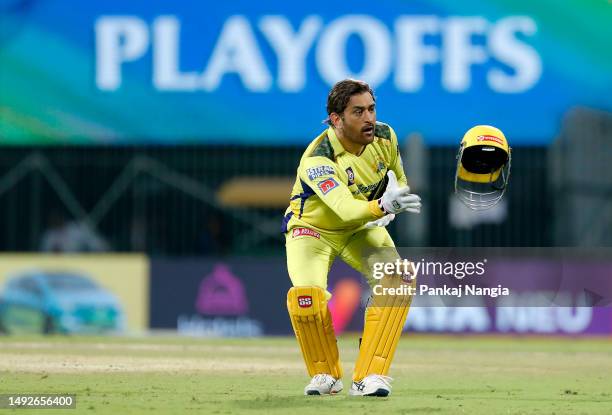By Arslan Qureshi
Indian cricket has seen a remarkable evolution in the role and impact of wicket keepers, marked by a transition from the Syed Kimani in 1980s to dependable Nayan Mongia in the 1990s to the iconic MS Dhoni in the 2000s and beyond. This journey has included several noteworthy players, each contributing to the development of the position and the team’s success.
Syed Kirmani and Kiran More were significant figures in Indian cricket. Kirmani was one of India's most
reliable keepers in the 1980s, known for his exceptional skills behind the stumps. More, who played
through the late 80s and early 90s, was also a dependable keeper and contributed significantly with the
bat.
Nayan Mongia served as India's primary wicketkeeper in the 1990s, a period of consolidation for Indian
cricket. Known for his sharp reflexes and steady glove work, Mongia was a vital part of the team. His
batting, while not as celebrated as his keeping, provided crucial runs in the lower order. Mongia's role
was largely traditional, focusing on reliable wicketkeeping and supporting the batsmen.
In the late 1990s and early 2000s, Indian cricket saw a phase where several players like Saba Kareem
Vijay Dahiya.Sumeer Dhege, Ajay Ratra ,Parthiv Patil and Danish Kartik were tried as wicketkeepers.
This period highlighted the search for a balance between solid keeping skills and batting ability, a
combination that had become increasingly important.
The arrival of MS Dhoni in the mid-2000s marked a turning point in the role of wicketkeepers in
Indian cricket. Dhoni brought an aggressive batting style, exceptional finishing abilities, and
calm leadership to the team. Under his captaincy, India achieved historic successes, including
winning the 2007 ICC T20 World Cup, the 2011 ICC Cricket World Cup, and the 2013 ICC
Champions Trophy.
Dhoni's influence extended beyond his statistics; he redefined the role of a wicketkeeper-
batsman, blending aggressive batting with sharp wicketkeeping. His ability to read the game and
make crucial decisions under pressure set a new standard for future generations.
Following Dhoni's retirement from Test cricket in 2014, Wriddhiman Saha took over as the
primary wicketkeeper in Tests. Saha is renowned for his technical proficiency and sharp reflexes,
particularly in challenging subcontinental conditions.
Rishabh Pant represents the modern evolution of wicketkeepers, combining aggressive batting
with acrobatic wicketkeeping. Pant's explosive batting style and fearless approach have made
him a key player in India's lineup across formats. His growth as a wicketkeeper underlines the
continuing evolution of the role, emphasizing athleticism and versatility.
KL Rahul and Sanju Samson are other examples of versatile players who have taken on
wicketkeeping duties. Both are primarily top-order batsmen, but their ability to keep wickets
provides valuable flexibility to the team composition, particularly in limited-overs formats.
The journey from Kirmani to MS Dhoni and beyond reflects the dynamic evolution of the
wicketkeeper's role in Indian cricket. From the traditional keeping focus of Mongia and his
predecessors to the multi-faceted contributions of Dhoni, Pant, and others, Indian wicketkeepers
have continually adapted to the changing demands of the game.
As Indian cricket looks to the future, the legacy of these players provides a strong foundation.
The new generation of wicketkeepers, inspired by the likes of Dhoni and Pant, is poised to
continue pushing the boundaries of what this crucial position entails, ensuring that Indian cricket
remains at the forefront of innovation and success on the world stage.




